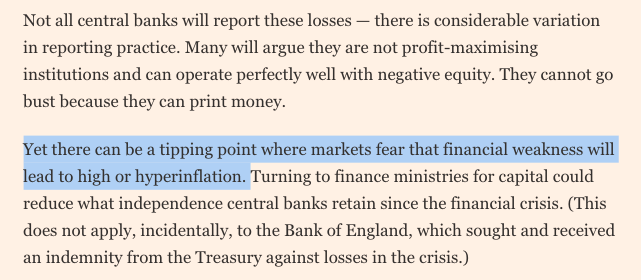
if you ever wondered abt historical origins of World Bank's push for #WallStreetConsensus, look at its interventions in Zambia energy:
WB strong-armed Zambian government into hydropower that would circumvent sanctions on “racist [white] minority regime in Southern Rhodesia”
WB strong-armed Zambian government into hydropower that would circumvent sanctions on “racist [white] minority regime in Southern Rhodesia”

when does the World Bank supports state-owned companies?
only when they are Trojan horses for financing white colonial power.
only when they are Trojan horses for financing white colonial power.

60 years later, the World Bank is peddling the same myth - that infrastructure policy is industrial policy - with the same political economy aim: to weaken developmental states (in Africa) 

• • •
Missing some Tweet in this thread? You can try to
force a refresh














